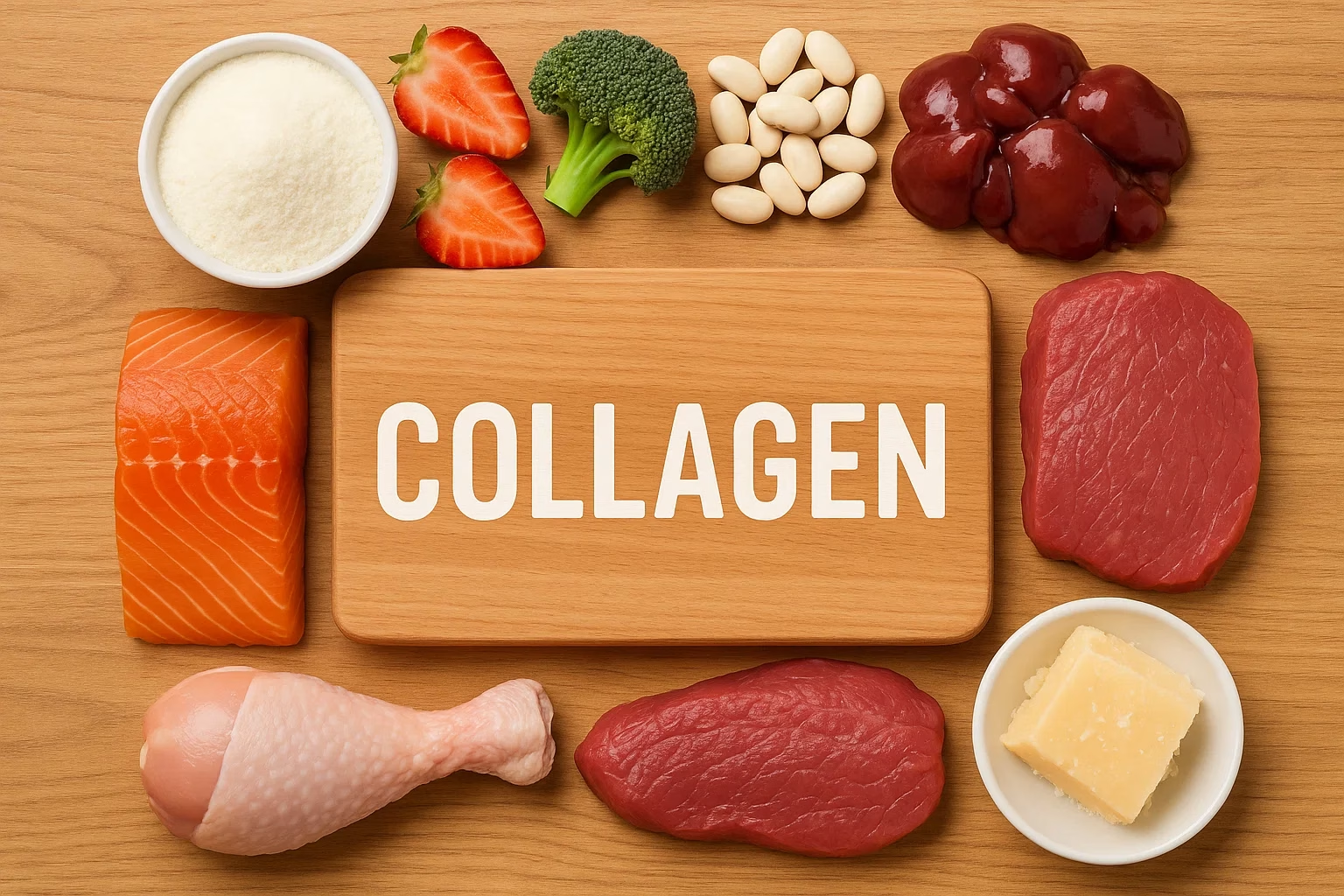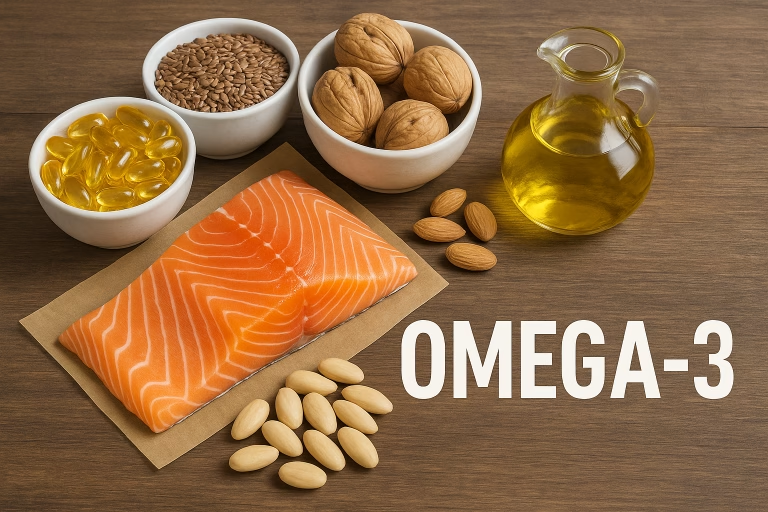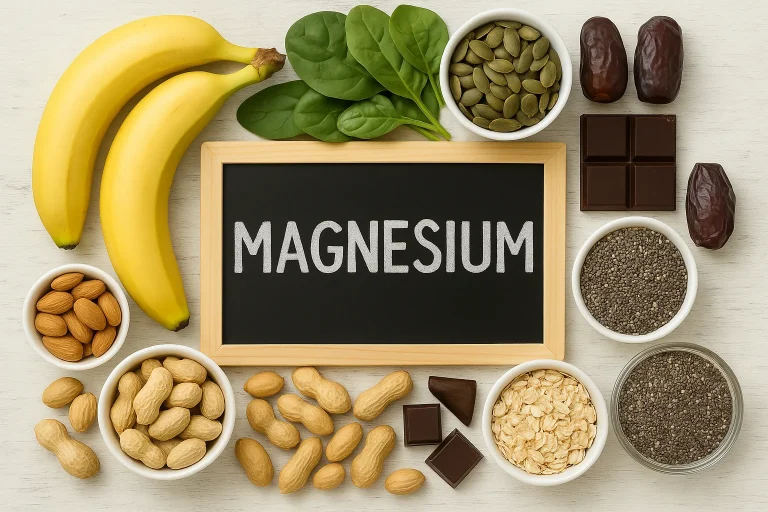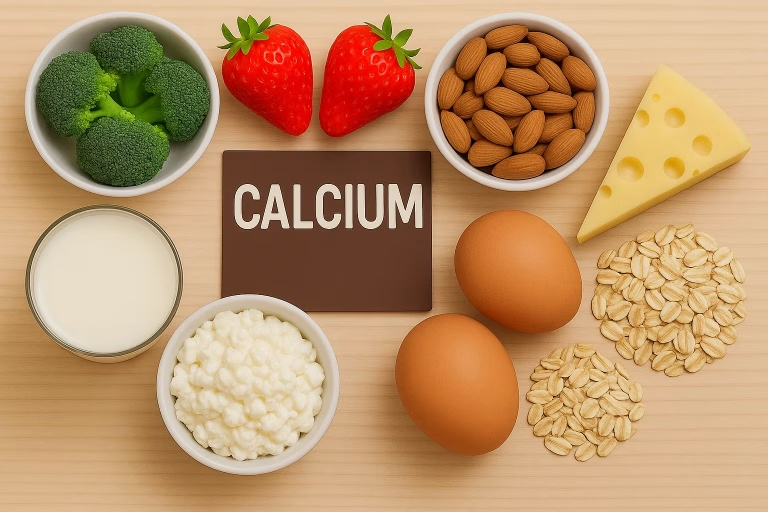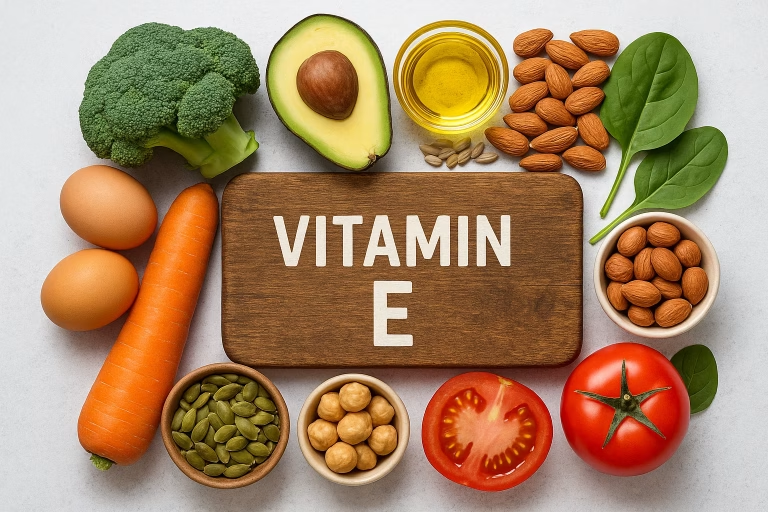Collagen Review: Benefits, Types, and Best Supplements for Adults Over 40
Collagen is the most abundant protein in the human body and plays a critical role in maintaining skin elasticity, joint health, bone strength, and overall vitality. As we age, collagen production naturally decreases—usually starting in our 30s and dropping off significantly by the time we reach our 40s and beyond. This review explores everything adults over 40 need to know about collagen: the benefits, different types, best sources, supplementation tips, and what to look for when choosing a collagen product.
What Is Collagen?
Collagen is a structural protein found in skin, tendons, ligaments, cartilage, bones, and connective tissue. It gives strength and flexibility to tissues and helps hold everything together. There are at least 28 types of collagen, but Types I, II, and III are the most common and beneficial for human health.
Types of Collagen
- Type I: Found in skin, bones, tendons, and ligaments. Best for skin and anti-aging.
- Type II: Found in cartilage. Most effective for joint support.
- Type III: Found alongside Type I in skin and organs. Supports elasticity and gut health.
Why Collagen Matters After 40
Once you reach your 40s, your body’s collagen production drops dramatically. You may start to notice signs such as:
- Fine lines and wrinkles
- Joint stiffness or pain
- Thinning hair and brittle nails
- Loss of skin elasticity and hydration
- Slower recovery from exercise or injury
Supplementing with collagen can help counteract these issues and improve overall well-being. Focus on taking collagen peptides for a period longer than 3 months can really help with improving natural collagen production in the body and see improvements in fine lines and wrinkles and potential also in the appearance under and around the eyes.
Key Benefits of Collagen Supplementation
1. Skin Health and Anti-Aging
Collagen improves skin elasticity, hydration, and reduces visible wrinkles. Multiple studies confirm that oral collagen peptides can increase skin density and moisture, reducing age-related skin deterioration.
2. Joint Support and Mobility
Type II collagen has been shown to support joint function and reduce pain associated with osteoarthritis and active lifestyles. It helps regenerate cartilage and reduce inflammation.
3. Bone and Muscle Strength
As collagen forms the foundation of bone matrix and connective tissue, it helps in preventing age-related bone loss. Combined with resistance training, it also enhances lean muscle mass.
4. Hair, Nails, and Gut Health
Collagen supports keratin production for healthier, stronger hair and nails. It also aids the gut lining, promoting better digestion and reducing symptoms of leaky gut or IBS.
Best Sources of Collagen
Collagen can be found in both food and supplements. However, for people over 40, it’s often difficult to get enough through diet alone.
Food Sources
- Bone broth
- Chicken skin
- Fish skin and bones
- Gelatin-rich foods
Supplement Forms
- Hydrolyzed collagen peptides (easily absorbed)
- Undenatured Type II collagen (best for joints)
- Gelatin (for cooking and baking)
How to Choose the Best Collagen Supplement
1. Type-Specific Needs
- For skin, hair, and nails: Type I & III
- For joint support: Type II
- For gut and overall recovery: Combination formulas
2. Bioavailability and Absorption
Look for hydrolyzed collagen (collagen peptides), which is broken down for better absorption. Some products also contain added vitamin C, hyaluronic acid, or biotin to enhance results.
3. Clean Ingredients and Testing
- Non-GMO and hormone-free sources
- Third-party tested for purity and safety
- No artificial sweeteners, fillers, or gluten
How to Take Collagen for Best Results
Most studies suggest taking 5 to 15 grams of collagen peptides per day. For optimal absorption, consume collagen:
- With vitamin C
- On an empty stomach or before meals
- Regularly for at least 8 to 12 weeks
When Will You See Results?
- Skin: 4 to 8 weeks for improved elasticity and hydration
- Joints: 3 to 6 months for reduced pain and stiffness
- Hair/Nails: 2 to 3 months for visible strengthening
Who Should Take Collagen?
- Adults over 40 looking to preserve youthfulness
- Athletes or active individuals with joint strain
- People with osteoarthritis or bone density issues
- Those recovering from surgery or injury
- Anyone experiencing brittle nails, thinning hair, or dry skin
Are There Any Side Effects?
Collagen is generally safe for daily use and well-tolerated. Some may experience mild bloating or a feeling of fullness. If you’re allergic to eggs, fish, or shellfish, check the source material of your collagen supplement.
Top Recommended Collagen Supplements
Look for products that include:
- Grass-fed bovine collagen peptides
- Marine collagen for skin support
- Multi-type blends (I, II, III, V, X)
- Added nutrients like hyaluronic acid, vitamin C, or MSM
Frequently Asked Questions
Can I take collagen with other supplements?
Yes. It pairs well with vitamin C, magnesium, hyaluronic acid, and MSM. These combinations can enhance results.
Can vegetarians take collagen?
Most collagen is animal-derived, but there are vegan alternatives that boost the body’s natural collagen production using nutrients like glycine, proline, and plant-based silica.
Is collagen better in powder or capsules?
Powders offer more flexibility with dosing and often include higher amounts per serving, making them ideal for therapeutic use. Capsules are more convenient but usually contain lower doses.
Final Thoughts
Collagen is a powerful ally for healthy aging. For adults over 40, maintaining adequate collagen levels can improve everything from skin elasticity and joint health to bone density and recovery. Choose a high-quality supplement, stay consistent, and pair it with a nutrient-rich diet for the best results.
Ready to Get Started?
Adding collagen to your daily wellness routine could be one of the most impactful choices you make for long-term health and vitality.

